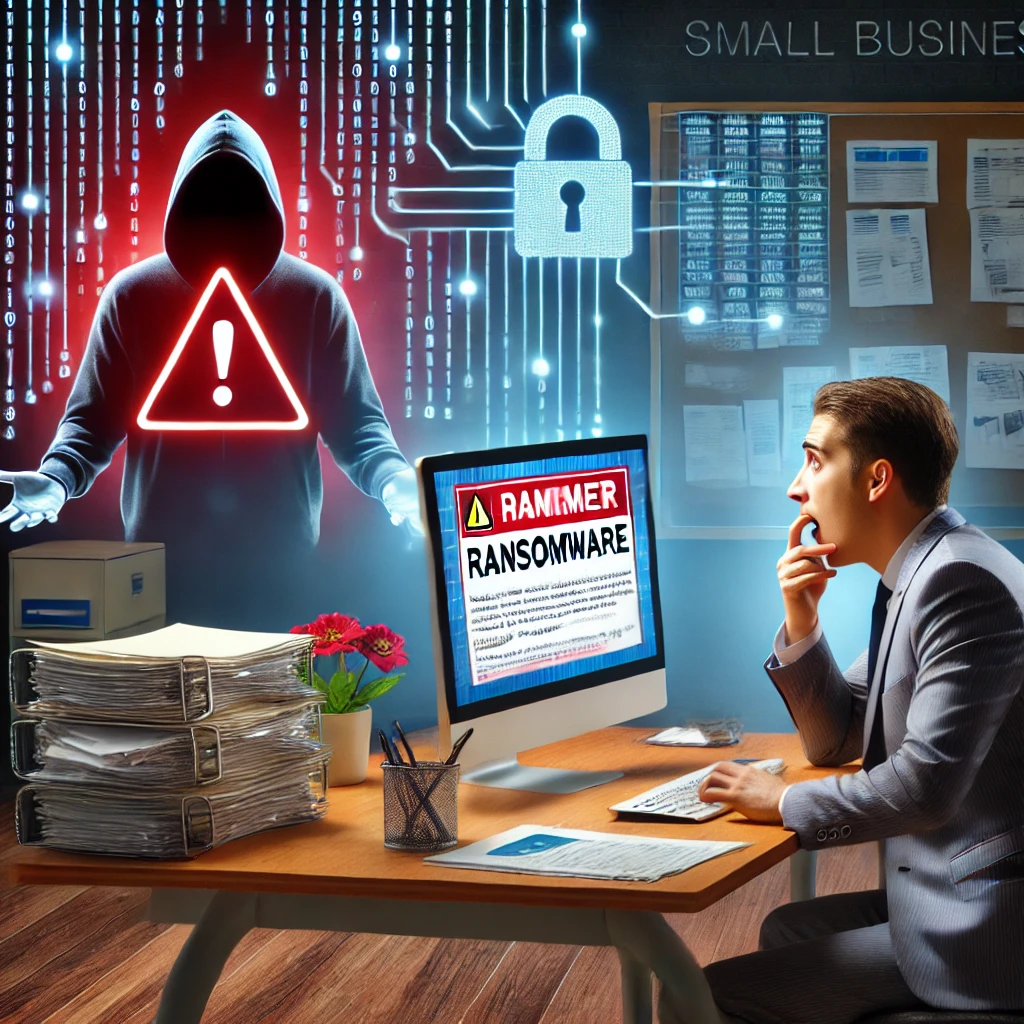Navigating the Gmail Scam Maze
The text discusses the rising threat of scams on Gmail, a popular email platform often used for digital marketing. Scammers use well-crafted emails, seemingly legitimate addresses, and various deceptive tactics to trick users. To use Gmail safely and avoid these threats, the text suggests maintaining skepticism of unfamiliar emails, refusing to click on links in suspicious emails, and securing your Gmail account with strong security measures, such as robust passwords and two-factor authentication. Encouraging users to stay vigilant and informed, the text reinforces the idea of enjoying the benefits of Gmail while avoiding the potential threats.
The Dark Side of AI: How Hackers Exploit Generative AI
The text discusses the current issue of misuse of generative artificial intelligence (AI) technologies by hackers. Generative AI, which can create highly realistic content, is being exploited for malicious purposes like deepfake attacks, automated phishing attacks, impersonation, creation of fake social media profiles, and ad fraud. The author emphasizes the need for robust cyber security measures and regulations governing the ethical use of AI to counter these threats. Nevertheless, the author also points out the potential of generative AI to revolutionize various fields and urges the public to stay informed and vigilant. The ultimate aim is to ensure the digital revolution benefiting humanity.
AI in Cybercrime: Unveiling the Dark Side
AI technology has been a game-changer in many sectors, but it’s also been misused for cybercriminal activities. Cybercriminals utilize AI for ingenious and dangerous attacks. They use AI for phishing attacks to mimic genuine persons or businesses, fooling unsuspecting victims into clicking malicious links. Deepfakes are used to impersonate people, prompting fraudulent activities. AI has also enhanced the speed and scale of automated hacking, making it even more challenging to predict and prevent attacks. Hackers manipulate AI’s learning process in AI-poisoning attacks to cause security breaches. Lastly, the rise of smart devices and IoT networks has given hackers a broad field to plan and execute large-scale attacks. Cybersecurity measures must therefore be prioritized to counter these potential AI-powered threats.
Cybersecurity for Small Businesses: No, You’re Not “Too Small” to Be a Target

Cybersecurity for Small Businesses: No, You’re Not “Too Small” to Be a Target Many small business owners believe hackers only target big corporations. The reality? 43% of cyberattacks target small businesses—and 60% of those businesses shut down within six months of a major breach. Cybercriminals know small businesses often lack the security resources of large […]
7 Essential Tips for Keeping Your Passwords Secure
Our personal and professional lives are intertwined with technology, passwords play a critical role in protecting our sensitive information. Whether it’s online banking, social media accounts, or business-related platforms, keeping your passwords secure is of utmost importance. In this article, we will explore seven essential tips to help you maintain strong and secure passwords, ensuring […]